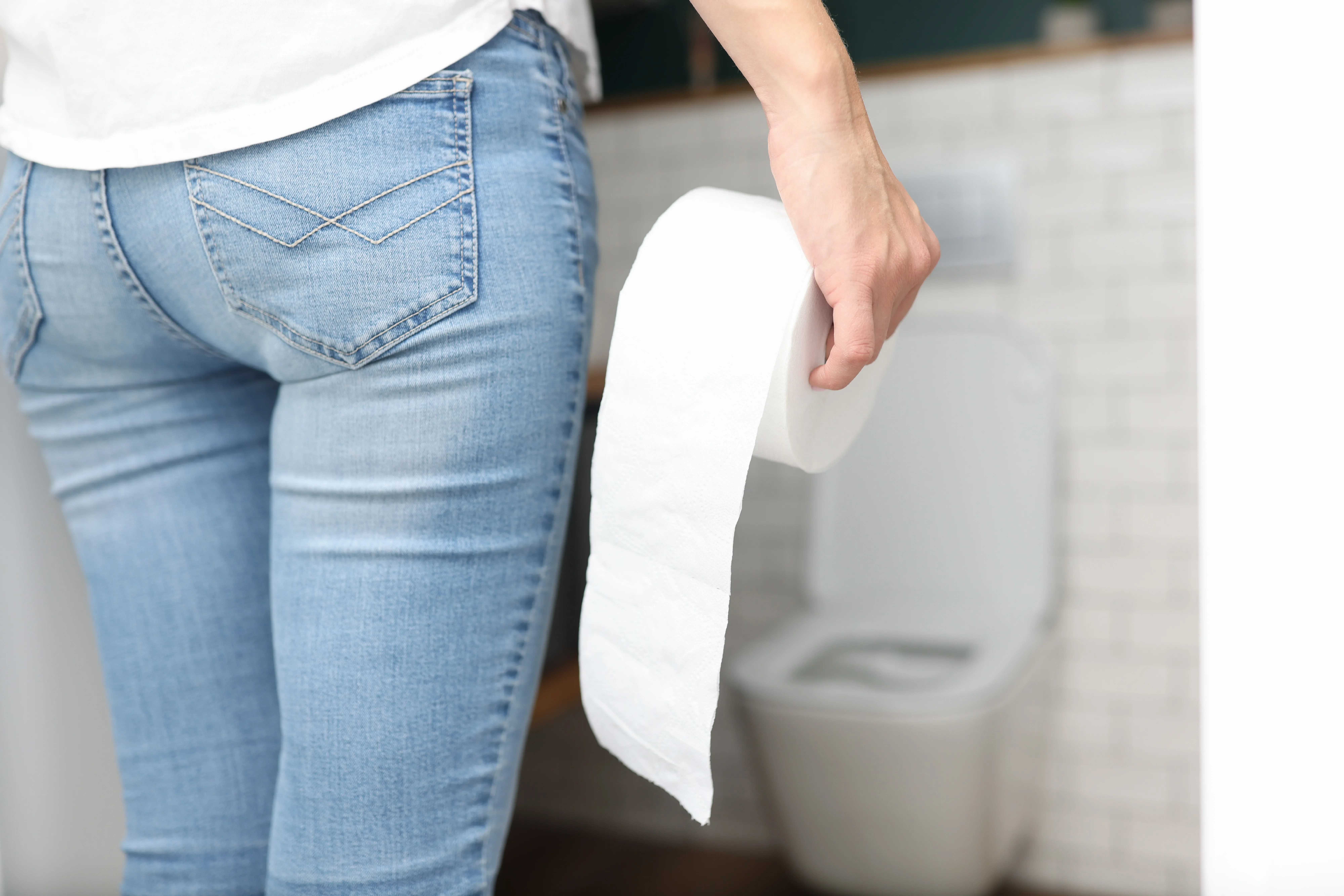Don't let embarrassment about fecal incontinence stop you
If you are frequently rushing to the toilet, unable to hold your bowel movements, soiling yourself unexpectedly, or passing gas without notice, you have fecal incontinence. Almost twice as many women as men suffer from this, though the exact number is tough to gauge because the syndrome is underreported.
Unresolved incontinence can result in depression, anxiety and isolation because of hesitancy to participate in social activities. I understand that discussing toileting concerns can be embarrassing, but requesting help from your physician can lead to improved quality of life. There are more life-changing options than ever before now available to treat stool leakage.
What makes it so difficult to hold my stool?
Fecal incontinence is most commonly caused by weakening pelvic floor muscles that support the bladder, uterus and bowel. As we get older, weakened muscles make holding the stool difficult. Stress on these muscles, after carrying the weight of multiple pregnancies and damage during delivery, can weaken them. Diabetes, stroke, dementia, spinal cord injury, trauma and some digestive conditions can also cause muscles to lose strength. Tightening these muscles, as well as those of the anus, may help prevent leakage.
How can I prevent fecal incontinence?
The first step is talking to your primary care physician. They will refer you to a specialist for testing. Diagnostic tests are easy and not painful. They include:
- Ultrasound and MRI - non-invasive tests which can help to see if there is a tear in the anal muscles, resulting in weakening and leakage
- Defecography - a radiological study during which fluid is placed in your rectum to mimic stool. It is not painful. When you bear down to pass the fluid, doctors are able to see how the pelvic floor muscles and organs, like the bladder and bowel, move. This helps to determine what is causing stool leakage
- Anal manometry - a test that can help detect anal muscle strength to explain whether the pelvic floor muscles are working properly or not
What are the non-surgical options for treating fecal incontinence?
- Add fiber to your diet. The secret to preventing stool leakage when the muscles are weak is making the stool bulky. Imagine air and water in the balloon. It will easily leak out if there is a small hole in the balloon, but if you fill the balloon up with soil, it will not leak.
- Fiber bulks the stool, making it soft, but bulky, keeping it from passing through a slightly open anus. You can do this by eating vegetables and fruits. Adding over the counter options for fiber like Metamucil, Benefiber, Konsyl and others can also help.
- Take antidiarrheals. Diarrhea and pasty stools are like water, and will flow out of a slightly weakened anus. Antidiarrheals will thicken the stool.
- Start physical therapy. Properly exercising the muscles will strengthen them.
- Biofeedback can sometimes help. Electronic monitoring helps to re-train the pelvic floor muscles to function normally.
What if non-invasive options do not resolve my stool leakage?
If non-surgical treatment options fail, surgical options are available for fecal incontinence.
- Muscles can be repaired and tightened. This option is generally offered when someone has had a significant injury to the muscles, such as during childbirth or an accident.
- A Sacral nerve stimulator can be placed. This device is placed under the skin near the buttock. It sends electrical signals to stimulate the nerves that control our ability to hold our stool, thus decreasing the leakage.
- Other options like a permanent colostomy can be considered in extreme cases
There are options. If you have any toileting concerns, I urge you to reach out to your physician. It is our job to find solutions for you. We have a large range of tools to help improve your quality of life.
